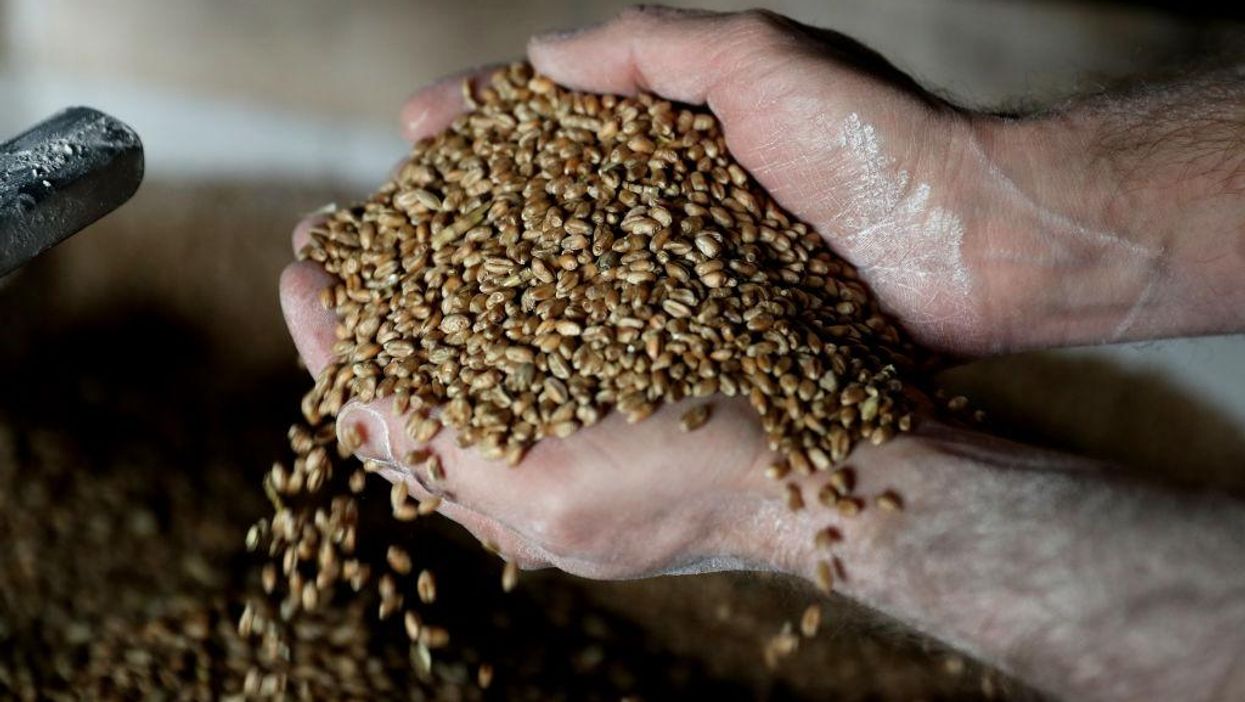
Photo by David Rogers/Getty Images

A top U.S. general recently suggested the U.S. military conduct operations to help Ukraine export grain that is being held up as a result of Russian blockades along the Black Sea Coast.
Gen. Christopher Cavoli, who has been nominated to the next commander of NATO, told U.S. senators at a hearing on Thursday that he would consider offering military options to allow for grain exports to resume, the Epoch Times reported.
When asked what he would do, Cavoli said that if he is to be confirmed he would “provide the military options required by our civilian leaders.”
He told lawmakers present at the hearing, “Clearly the way we would approach that would have to be a whole-of-government approach, which may or may not include a military component.”
It’s unclear at this time what Cavoli’s approach would entail. Whether Cavoli would encourage sending U.S. troops to directly engage with Russian forces or the military being involved with alternative means to ship grain remains to be seen.
Ukraine is one of the world’s top exporters of wheat, sunflower oil, and canola oil and due to Russian forces blockading a Ukrainian port in the Black Sea Coast there is a burgeoning global shortage of these essential supplies.
Cavoli noted that U.S. sanctions against Russia in response to Russia President Vladimir Putin’s invasion of Ukraine have contributed to global shortages of grain.
“The grain s hortages that we’re experiencing from both Russia and Ukrainian production being unable to come out of the countries in large volumes or being sanctioned and not being sold are being felt on the African continent,” Cavoli stated.
About a week ago, an analyst warned the United Nations Security Council that the invasion of Ukraine is adding “fuel to a fire that was long-burning” and that there are only about 10 weeks of worth of wheat supplies left across the globe.
The analyst, Gro Intelligence CEO Sara Menker said, “I want to start by explicitly saying that the Russia-Ukraine war did not start the food security crisis. It simply added fuel to a fire that was long burning. A crisis we detected tremors from long before the COVID-19 pandemic exposed the fragility of our supply chains.”
Long before the invasion of Ukraine commenced this past February, there have been intense droughts and weather issues across the globe contributing to the now intensifying grain shortage.
Menker said, “I share this because we believe it’s important for you all to understand that even if the war were to end tomorrow, our food security problem isn’t going away anytime soon without concerted action.”